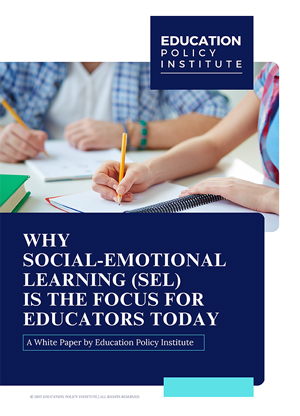Currently many individuals are holding esteemed professional certifications and say about the importance of certifications and the need to “get certified” when asked for a career advice.
Though several individuals who are currently studying and many who are working professionals often opt to do the certifications but there are ample of people who come up with a variety of excuses to avoid pursuing professional certifications.
Acquiring certifications can be an excellent way to demonstrate one’s skills, validate knowledge, and enhance the credibility in various areas. It depends on the skills that one is interested in or what career path one likes to pursue.
Here are a few reasons which people make to avoid certifications:
-
Lack of Time
Many people claim that they don't have enough time to prepare for certifications and don’t do it due to their busy schedules such as working for long hours, too much studying, family responsibilities. - High Cost
Certifications can often be expensive, and not everyone is willing or able to afford the fees. -
Inadequate Relevance
Some believe that the certification won't add much value to their current profile or doesn't align with their career path. - Difficult or Cumbersome Preparation
The extensive study and preparation often needed for certifications can deter people who feel they don't have the right study skills or adequate patience. - Fear of Failure
The fear of not passing the exam can be a significant deterrent for some people. - Underestimating the Importance
Some individuals underestimate the importance and potential career advantages that a certification can offer. - Comfort Zone
People often get comfortable in their current roles and resist taking steps, such as gaining certifications, which could push them to grow professionally. - Past Experience
If they have attempted and failed in the past, they might avoid trying again due to the negative experience. - Waiting for Employer Sponsorship
Some employees wait for their employers to sponsor the certification, rather than investing in it themselves. - Overconfidence
Some professionals believe that their experience and skills are sufficient, and they don't need a certification to prove their expertise. - Fear of Commitment
Certifications often need a significant time and effort commitment, which some people are unwilling or unable to make. -
Belief in "On the Job" Experience:
Some people believe that hands-on experience in their field is more valuable than a certification.
It's worth considering that while these excuses may seem valid, certifications can often give significant career benefits, such as increased earning potential, improved job prospects, and the acquisition of new and valuable skills. Investing in exams, certification, and training may seem like a stretch if expanding knowledge is a hobby and not something one is doing for career advancement.
However, when career is the top priority, people look for standard certifications that others will recognize. As then they don’t have the luxury of limitless time to become ready for growth opportunities. Certifications are the starting point for a long practical session which one calls a career. It demands continuous learning, unlearning, and relearning. That’s how the top of the line professionals stay where they are.
Advantages of earning a professional certification
Conventional playbooks offer linear pathways to career development. While now it isn’t unusual or injudicious to expect a marketing professional to possess knowledge of algorithms. If one wishes to remain relevant, one must stay current and keep diversifying. Certifications are time-limited credentials, which reflect up-to-date knowledge. In addition, a certified status would give an individual greater confidence in being an expert in their chosen field.
Certifications act as a benchmark for measuring employees. They aren’t a waste of your time and energy. During this pandemic, many spent their free time learning about new domains and getting certified. Testing always reinforces learning. And successful completion of certification by passing the exam gives confidence to the employers of the skills and leads to faster troubleshooting abilities giving a level up for promotion and raise.
A certification is essential both personally and professionally. It is a career-long dedication that is useful to showcase demonstrate to the organization that one is driven to be a successful professional. The prestigious certification:
- Can help set a person apart from those without it.
- May help increase the professional confidence and satisfaction.
- May maximize the earnings potential.
- Can result in greater respect from the firm.
- Will make a increase a better hire for a new job opportunity.
Latest
Trends blogs
- From Vision to Impact: Closing the Gender Gap in STEM Education
- Automation, Artificial Intelligence, and the Future of Human-Centered Education
- Mid-Career Education in a Changing Labor Market
- The Next Phase of STEM Education: The Role of Artificial Intelligence in Classroom Curricula
Focus blogs
- Research-Driven Education: Strengthening Strategies, Policies, and Classroom Practice
- Professional Certifications for Career Growth: What Students and Young Professionals Need to Know
- Building a High-Impact Center of Excellence: What You Need to Know
- Beyond Graduation: The Importance of Lifelong Learning in Higher Education





